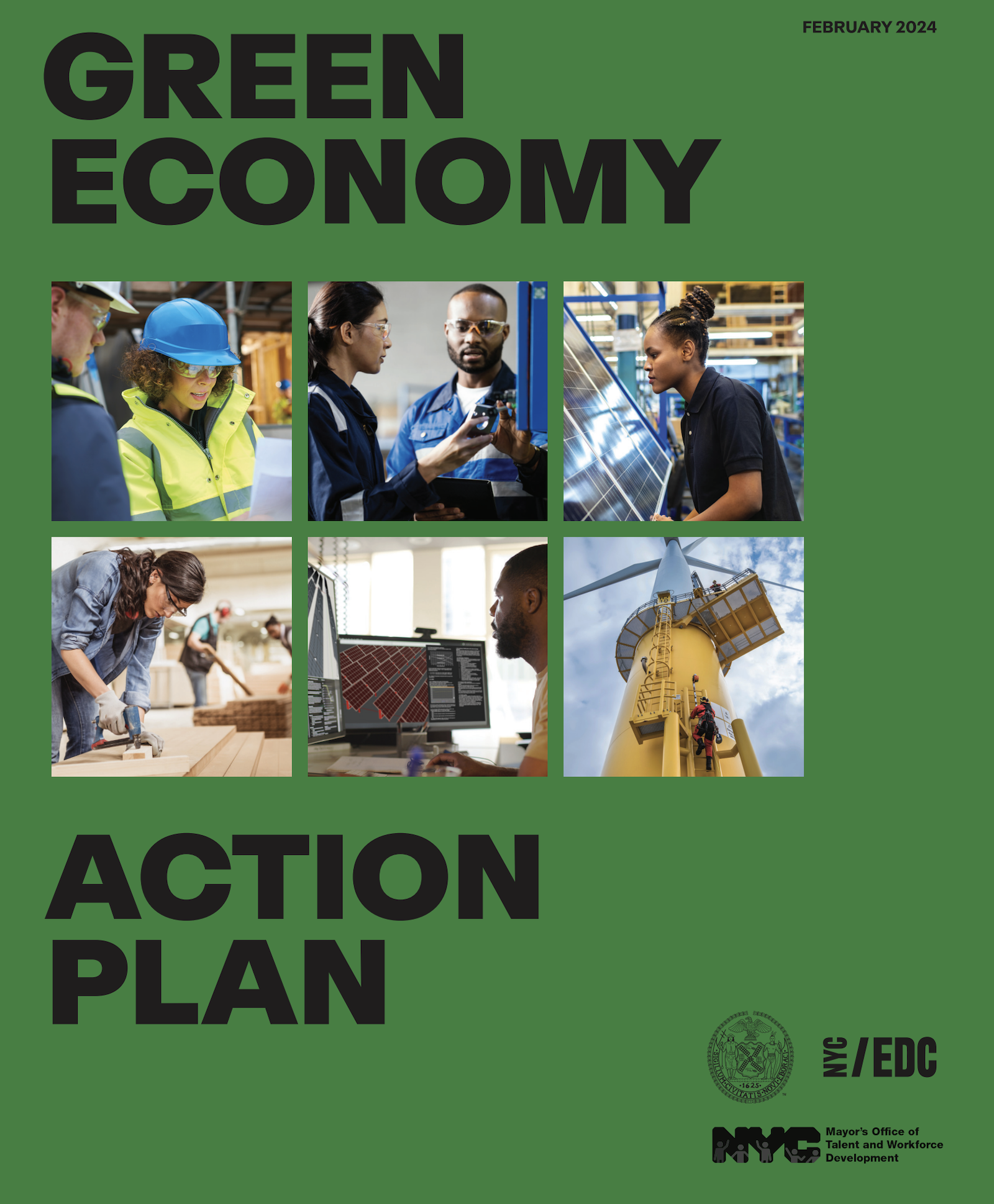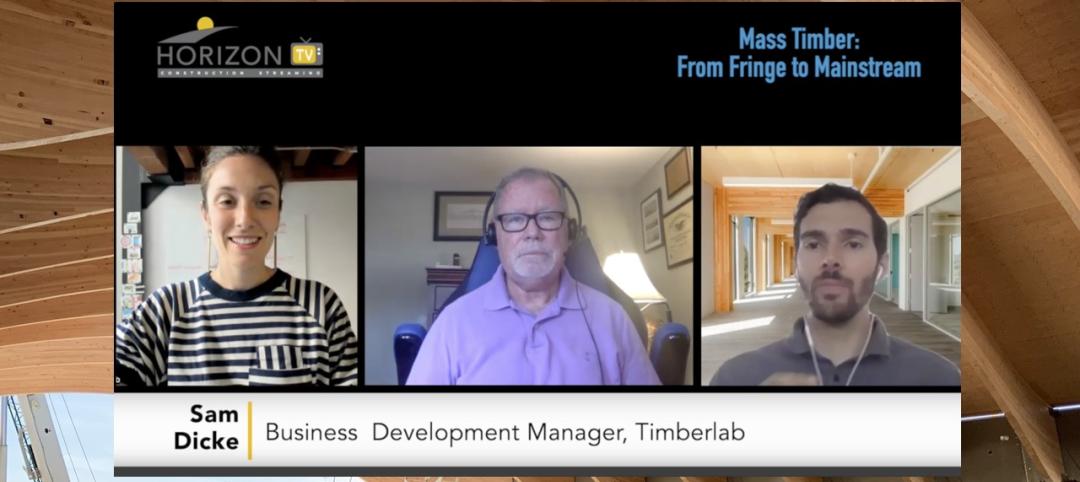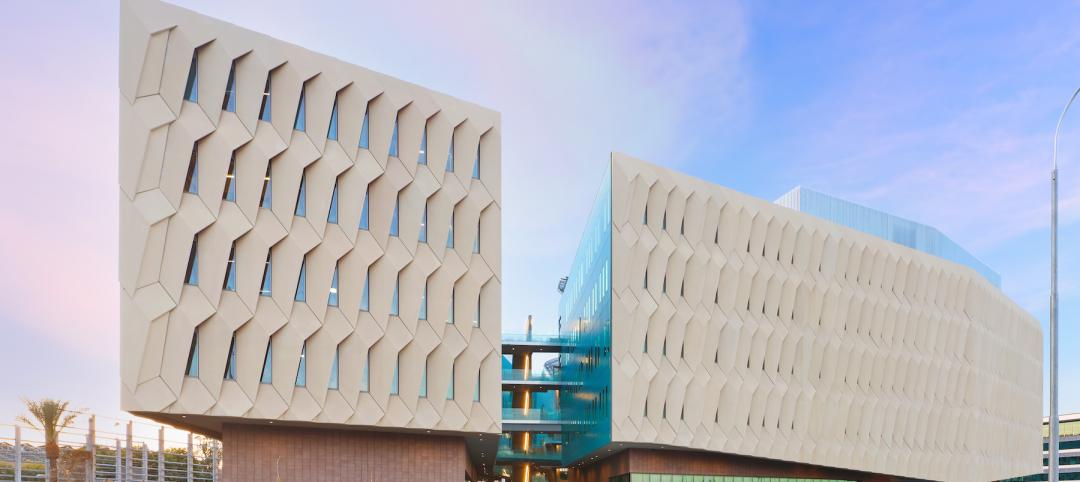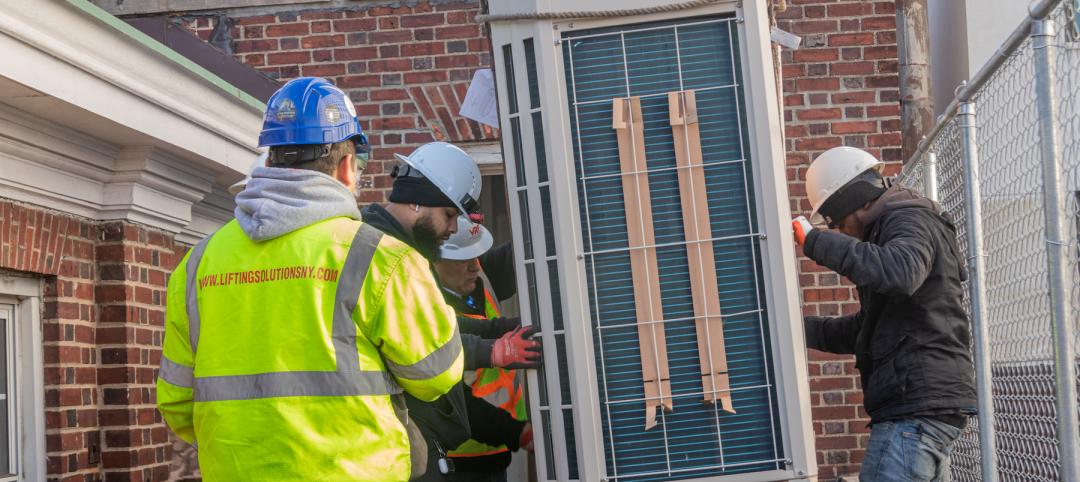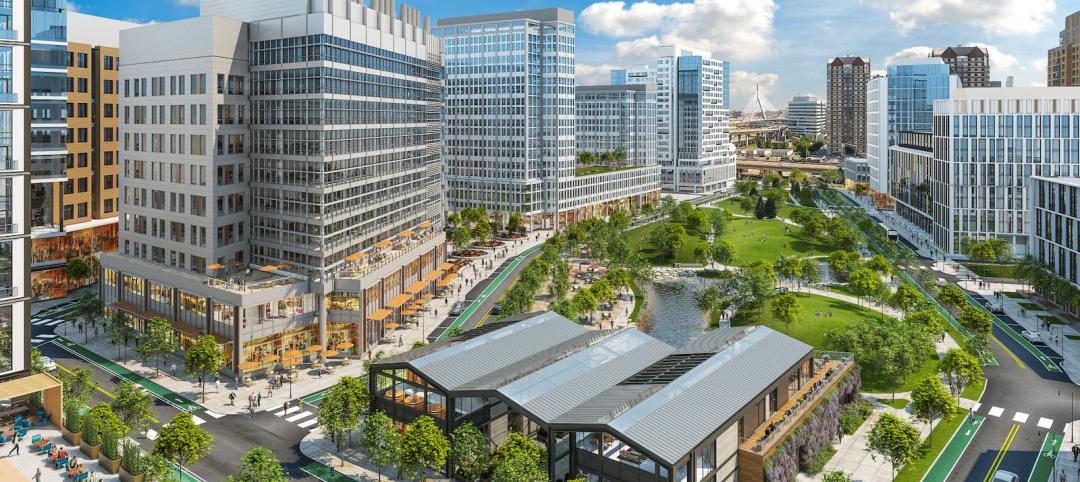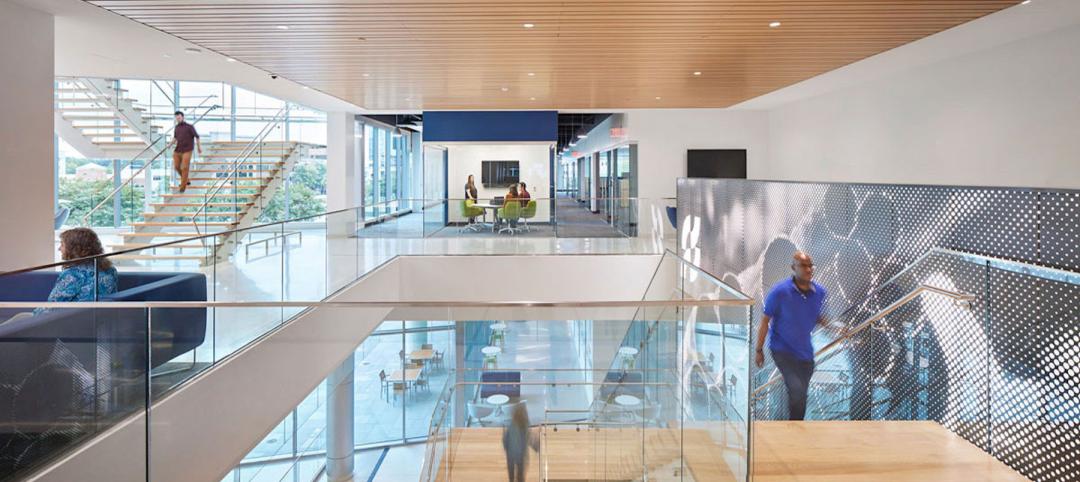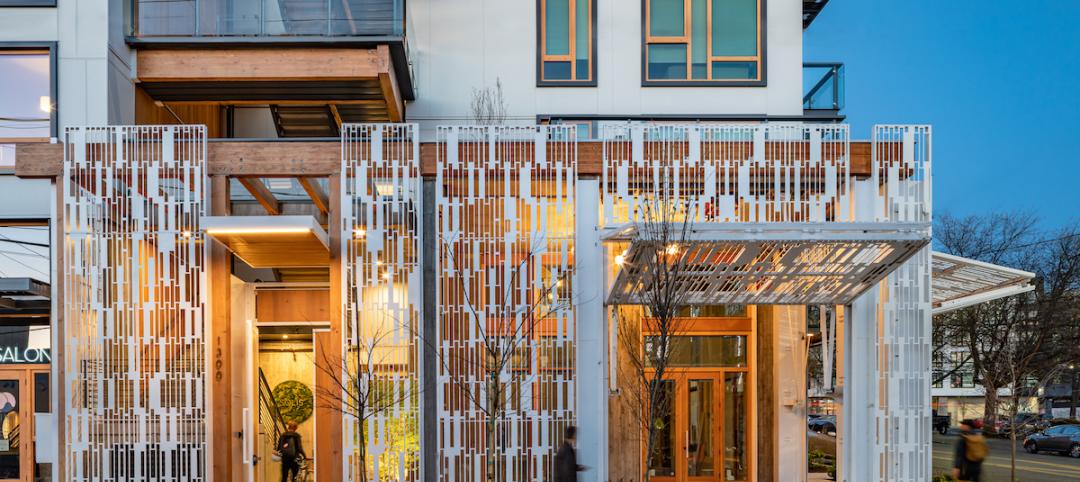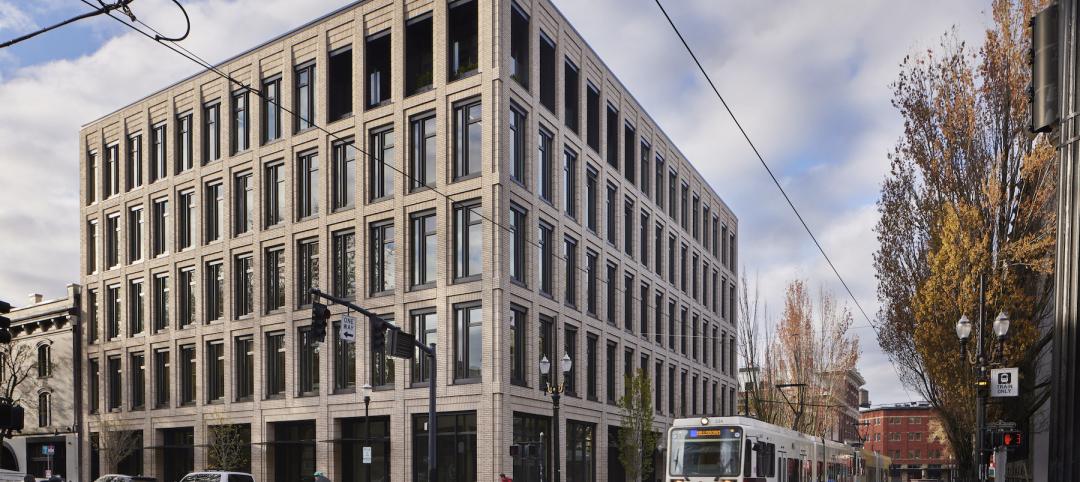New York City’s recently revealed Green Economy Action Plan includes the goals of the decarbonization of buildings and developing a renewable energy system. (Download the PDF report.)
The ambitious plan includes enabling low-carbon alternatives in the transportation sector and boosting green industries, aiming to create more than 12,000 green economy apprenticeships by 2040. It also funds a $100 million Climate Innovation Hub at the Brooklyn Army Terminal to develop green technology startups and businesses.
The plan will advance building resiliency projects, apartment building retrofits, solar panel and wind turbine installation, and deployment of EV charging stations.
New York City’s Industrial Development Agency will offer tax incentives to activate 500 Megawatts (MW) of battery storage capacity and support other green economy goals.
The plan was driven by quantitative industry analysis and input collected by Buro Happold from more than 100 stakeholders and partners.
Here are highlights of the plan:
Establishing a Climate Innovation Hub: NYCEDC will invest up to $100 million to develop a Climate Innovation Hub at the Brooklyn Army Terminal. This new space will accelerate commercialization pathways for climate tech startups and other green economy businesses. It will serve 150 startups over 10 years — generating $2.6 billion in economic impact and creating 600 jobs — while providing local workforce training and job placement, particularly for the local Sunset Park community.
Creating Green Training Facilities in Every Borough: NYCTalent — in partnership with other city agencies, as well as private partners — will develop a workforce training facility in every borough with programming to train New Yorkers for green-collar jobs. The plan will deliver more than 12,000 green economy apprenticeships by 2040 through efforts such as a green building and construction workforce pilot program on Governors Island to train more than 100 people per year for the first two years.
Activating a Harbor Climate Collaborative: The Brooklyn Navy Yard, NYCEDC, and the Trust for Governors Island are collectively investing $725 million to build a green economy ecosystem across 6-million-square-feet and 72 acres linked by NYC Ferry across New York Harbor. The collaborative will catalyze climate education, research, innovation, commercialization, and workforce development alongside partners from the private and nonprofit sectors. This work will build on a strong foundation of green economy projects such as the 400,000-square-foot New York Climate Exchange, an academic and research consortium anchored by Stony Brook University on Governors Island, and the development of 5-million-square-feet of net-zero manufacturing space at the Brooklyn Navy Yard.
Activating Public Sites for Electric Vehicle (EV) Charging: NYCEDC is activating two acres of land near JFK airport to create the largest EV charging facility in the city, with 65 public EV chargers including 12 rapid ones. The facility is currently estimated to charge 1,000 vehicles per year, with potential for growth depending on market demand. The Brooklyn Navy Yard is also installing over 80 EV chargers across its 300-acre campus, including infrastructure for commercial fleet charging and a dedicated public lot for neighboring residents. Together, these investments constitute some of the largest investments in EV infrastructure in outer borough job centers in New York City to date.
Creating Tax Incentives for Battery Storage: NYCEDC will utilize New York City's Industrial Development Agency tax incentives to activate 500 Megawatts (MW) of battery storage capacity and support other green economy uses. To date, the Industrial Development Agency has induced 200MW of storage capacity that is expected to come online in the coming years and generated nearly $500 million of private sector investment. Unlocking additional storage capacity will ultimately drive a stronger and more efficient renewable energy sector.
Related Stories
Mass Timber | Aug 30, 2022
Mass timber construction in 2022: From fringe to mainstream
Two Timberlab executives discuss the market for mass timber construction and their company's marketing and manufacturing strategies. Sam Dicke, Business Development Manager, and Erica Spiritos, Director of Preconstruction, Timberlab, speak with BD+C's John Caulfield.
Daylighting | Aug 18, 2022
Lisa Heschong on 'Thermal and Visual Delight in Architecture'
Lisa Heschong, FIES, discusses her books, "Thermal Delight in Architecture" and "Visual Delight in Architecture," with BD+C's Rob Cassidy.
Sponsored | | Aug 4, 2022
Brighter vistas: Next-gen tools drive sustainability toward net zero line
New technologies, innovations, and tools are opening doors for building teams interested in better and more socially responsible design.
Green | Jul 26, 2022
Climate tech startup BlocPower looks to electrify, decarbonize the nation's buildings
The New York-based climate technology company electrifies and decarbonizes buildings—more than 1,200 of them so far.
Sustainable Development | Jul 14, 2022
Designing for climate change and inclusion, with CBT Architects' Kishore Varanasi and Devanshi Purohit
Climate change is having a dramatic impact on urban design, in terms of planning, materials, occupant use, location, and the long-term effect of buildings on the environment. Joining BD+C's John Caulfield to discuss this topic are two experts from the Boston-based CBT Architects: Kishore Varanasi, a Principal and director of urban design; and Devanshi Purohit, an Associate Principal.
Building Team | Jul 1, 2022
How to apply WELL for better design outcomes
The International WELL Building Institute (IWBI) cites attracting top talent, increasing productivity, and improving environmental, social or governance (ESG) performance as key outcomes of leveraging tools like their WELL Building Standard to develop healthier environments.
Green | Jun 22, 2022
The business case for passive house multifamily
A trio of Passive House experts talk about the true costs and benefits of passive house design and construction for multifamily projects.
Green | Jun 22, 2022
World’s largest commercial Living Building opens in Portland, Ore.
The world’s largest commercial Living Building recently opened in Portland, Ore.
Coronavirus | May 20, 2022
Center for Green Schools says U.S. schools need more support to fight COVID-19
The Center for Green Schools at the U.S. Green Building Council released a new report detailing how school districts around the country have managed air quality within their buildings during the second year of the COVID-19 pandemic.
Green Specifications | May 12, 2022
MG2’s Sustainable Materials Evaluation System
Learn how MG2’s Sustainable Materials Evaluation System helps clients, prospects, and staff choose the most environmentally feasible materials for their building projects. Candon Murphy, LEED GA, Assoc. IIDA, Design Lab Manager and Materials & Sustainability Specialist with MG2, speaks with BD+C Executive Editor Rob Cassidy.


